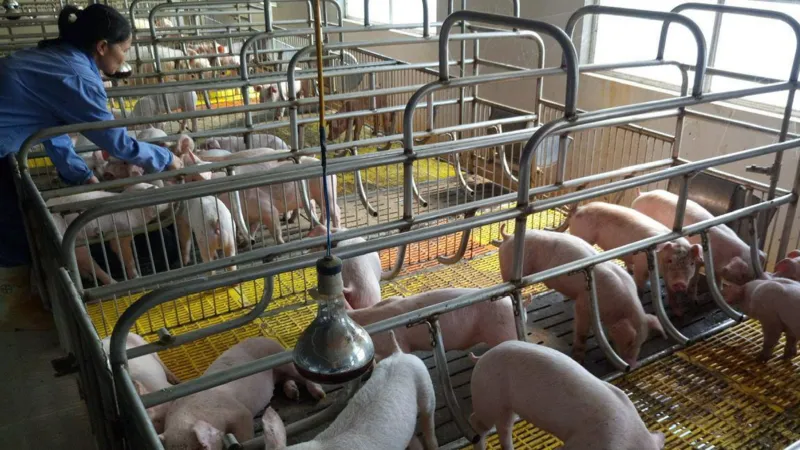The accountant owns a farm with roughly 600 pigs and resides in Hưng Yên, Vietnam, with his family.
He had to pick up knowledge on pig health quickly, from which vaccinations work to when to apply antibiotics.
“I give the pigs antibiotics when the weather changes,” Mr. Hong claims. Based on his observations, treating respiratory and diarrheal illnesses with antibiotics becomes imperative when there are abrupt shifts from sunny to rainy weather.
Mr. Hong has also had to become knowledgeable about trustworthy information sources. He has studied online and joined farming organizations, but he has come to the conclusion that not all of the information on Facebook, for example, is trustworthy. “It needs to be filtered,” he says.
Mr. Hong has been reticent to have vets visit his operation as it has developed.
He is concerned about the possibility of disease transmission from people who interact with animals in a variety of settings. Animal health professionals may need to quarantine for a few days before visiting certain sizable farms.
A hybrid information source that combines the know-how of vets with the ease of digital access is one item that Mr. Hong would find helpful.
Technologies of this type for remote veterinarian care are being developed.
The Trinity Challenge, a nonprofit that addresses challenges to global health, awarded the top prize to the team behind Farm2Vet, an app for farmers that provides veterinary care.







